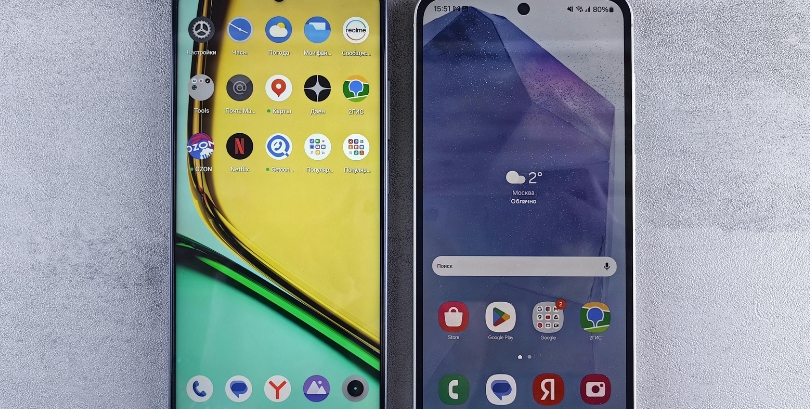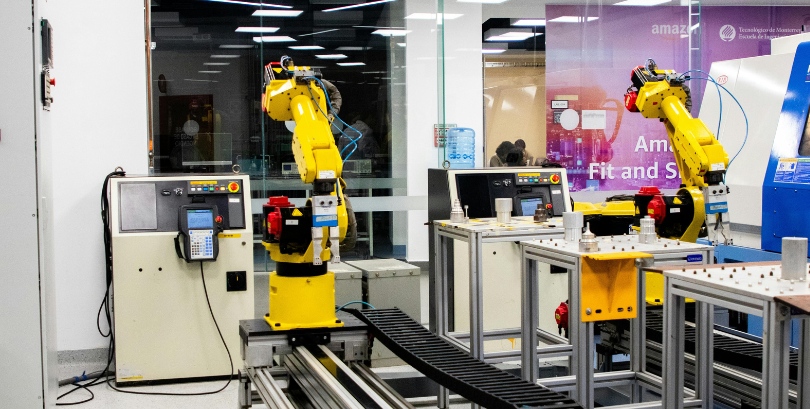Mobile Development
How the Best Frameworks for Mobile App Development Are Shaping Cross-Platform Solutions

Businesses no longer have the luxury of developing separate apps for iOS and Android. The need for speed, scalability, and cost efficiency has pushed developers toward cross-platform solutions. Leveraging the best frameworks for mobile app development, teams can now build apps that deliver a native-like experience across multiple platforms while minimizing development time and resource expenditure. Frameworks such as Flutter, React Native, and Xamarin have become game-changers, enabling organizations to iterate quickly without compromising quality.
Performance Optimization Through the Best Frameworks for Mobile App Development
One of the key challenges in cross-platform development has always been performance. Early hybrid frameworks often struggled with responsiveness and seamless user experience. However, the best frameworks for mobile app development today incorporate advanced rendering engines, native API integrations, and efficient code-sharing capabilities. This ensures that apps not only run smoothly across devices but also maintain the high performance standards users expect. Developers can now optimize memory usage, reduce latency, and enhance UI interactions, bridging the gap between native and cross-platform experiences.
Enhancing User Experience with the Best Frameworks for Mobile App Development
User expectations are evolving faster than ever, demanding intuitive interfaces, real-time updates, and visually appealing designs. The best frameworks for mobile app development equip developers with powerful UI toolkits, animation libraries, and pre-built components. These tools allow for the creation of sophisticated, engaging interfaces that are consistent across platforms. Businesses can now deliver a cohesive brand experience while accelerating time-to-market, a critical advantage in competitive sectors like fintech, healthcare, and e-commerce.
Future-Proofing Apps with the Best Frameworks for Mobile App Development
The landscape of mobile technology is constantly evolving, from new OS updates to emerging device categories. The best frameworks for mobile app development prioritize modularity, maintainability, and integration with modern technologies like AI, AR, and IoT. By building on these frameworks, companies can future-proof their applications, ensuring scalability and adaptability without extensive rewrites. This positions organizations to innovate rapidly while reducing long-term maintenance costs.
Also read: Navigating the Mobile Development Landscape: Best Practices and Tips
Cross-Platform Excellence Through Framework Innovation
By harnessing the best frameworks for mobile app development, businesses can deliver high-performance, visually compelling, and future-ready apps across devices. These frameworks empower developers to overcome traditional barriers, streamline development cycles, and provide exceptional user experiences, solidifying their role at the forefront of digital innovation.
Tags:
App Development ToolsMobile UI/UXAuthor - Jijo George
Jijo is an enthusiastic fresh voice in the blogging world, passionate about exploring and sharing insights on a variety of topics ranging from business to tech. He brings a unique perspective that blends academic knowledge with a curious and open-minded approach to life.


